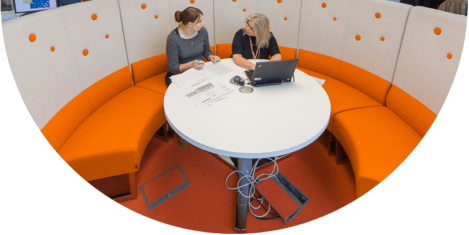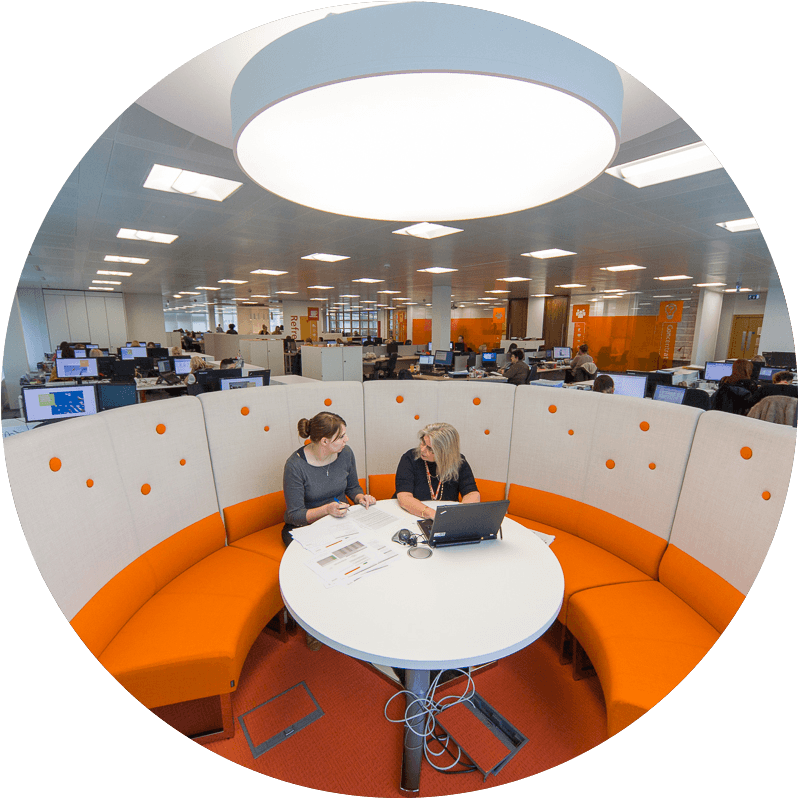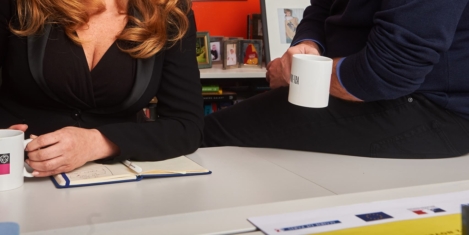November 26, 2019
Humanscale Summa sets new standard in ergonomic seating for executive offices and boardrooms
 Summa, an executive chair by Humanscale made for today’s dynamic leaders, is now ready to order. An effortless blend of luxury and simplicity, Summa’s defined aesthetic and sophisticated palette is well-suited to high-end executive spaces within the workplace. The executive chair has a single, discrete height-adjustment lever seamlessly designed into the seat, unlike most chairs which have multiple exposed adjustment levers. Complementing its enveloping shape and sculpted materials, Summa features Humanscale’s signature weight-compensating recline mechanism and integrated armrests for exceptional ergonomic comfort and support. (more…)
Summa, an executive chair by Humanscale made for today’s dynamic leaders, is now ready to order. An effortless blend of luxury and simplicity, Summa’s defined aesthetic and sophisticated palette is well-suited to high-end executive spaces within the workplace. The executive chair has a single, discrete height-adjustment lever seamlessly designed into the seat, unlike most chairs which have multiple exposed adjustment levers. Complementing its enveloping shape and sculpted materials, Summa features Humanscale’s signature weight-compensating recline mechanism and integrated armrests for exceptional ergonomic comfort and support. (more…)




































November 25, 2019
Working carers occupy a blind spot and are suffering because of it
by Vivek Patni • Comment, Wellbeing, Workplace